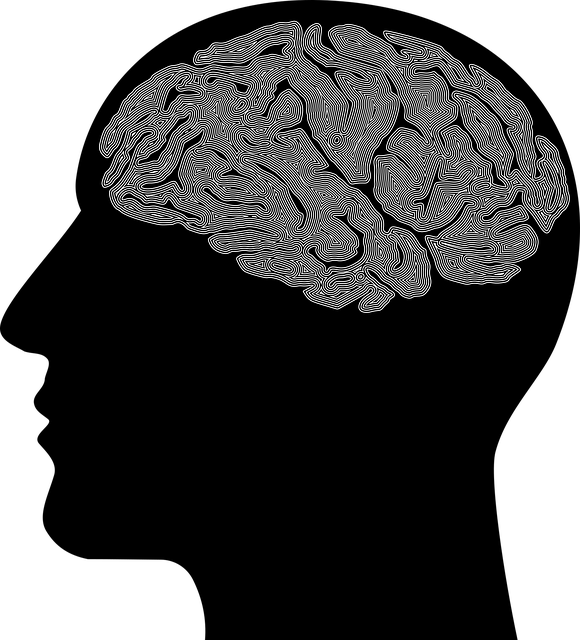Evaluating mental health data from Westminster Bariatric Evaluations Therapy is crucial for optimizing patient care. Through surveys, clinical assessments, and electronic records, diverse insights into individuals' emotional well-being, behaviors, and thoughts are gathered. A rigorous data preparation process ensures accuracy by cleaning and integrating information from various sources. Analysis of this data reveals psychological barriers to weight loss, predicts therapy responses, and aids in developing personalized coaching programs and stress management workshops. Risk assessment tools help identify vulnerable patients, while interpretation allows clinicians to tailor interventions based on treatment responses, coping skills development, and progress over time, ultimately enhancing mental wellness outcomes.
Mental health data analysis has emerged as a powerful tool for understanding complex patient populations. In this article, we explore the intricacies of analyzing specific datasets, focusing on the Westminster Bariatric Evaluations Therapy (WBEP) data. We delve into the process of collecting and preparing mental health data, discuss key analytical techniques applied to WBEP, and highlight how interpreted results can inform clinical decisions, ultimately enhancing patient care and outcomes in bariatric evaluations.
- Understanding Mental Health Data: Collection and Preparation
- Analyzing Westminster Bariatric Evaluations Therapy Data
- Interpreting Results and Informing Clinical Decisions
Understanding Mental Health Data: Collection and Preparation

Understanding Mental Health Data is a crucial first step for any analysis and interpretation process, especially when it comes to complex issues like bariatric evaluations and therapy in Westminster. The collection of mental health data involves various methods such as surveys, clinical assessments, and electronic health records. These sources provide valuable insights into individuals’ emotional well-being, behaviors, and thoughts, which are essential for accurate evaluation.
Preparation of this data is a meticulous process that ensures its quality and reliability. It includes organizing and cleaning the collected information to remove errors or inconsistencies. This step also involves normalizing formats, managing missing values, and integrating data from multiple sources, ensuring a comprehensive and coherent dataset. With proper preparation, professionals can gain deeper insights into specific areas of interest, such as self-care practices and mood management, ultimately supporting evidence-based interventions based on the mind over matter principles.
Analyzing Westminster Bariatric Evaluations Therapy Data

The analysis of Westminster Bariatric Evaluations Therapy data offers a wealth of insights into patients’ mental health journeys and treatment outcomes. This process involves meticulous examination of records, focusing on key metrics such as patient demographics, initial assessment findings, progress notes, and final evaluation results. By employing sophisticated statistical methods, researchers can uncover trends, patterns, and potential risk factors associated with bariatric surgery candidates.
Such analysis plays a pivotal role in enhancing the effectiveness of mental health services. For instance, it can help identify specific psychological barriers hindering weight loss or predict patient response to different therapeutic interventions. This knowledge is invaluable for mental wellness coaching programs development, enabling practitioners to tailor their approaches and stress management workshops organization to address individual needs more effectively. Moreover, risk assessment tools derived from these data can guide professionals in managing vulnerable patients and promoting positive mental health outcomes within the context of bariatric evaluations.
Interpreting Results and Informing Clinical Decisions

Interpretation of mental health data is a critical step in transforming raw information into actionable insights for clinical decision-making. When analyzing Westminster Bariatric Evaluations Therapy results, healthcare professionals can uncover significant patterns and trends within individual patient journeys. This process involves scrutinizing various factors such as treatment responses, coping skills development, and progress over time. By understanding these nuances, clinicians can tailor interventions to meet each patient’s unique needs.
The data gained from these evaluations offers valuable guidance for enhancing mental wellness. For instance, identifying areas of improvement through comparison with established benchmarks or best practices can inform personalized therapy plans. Additionally, incorporating Mental Wellness Journaling Exercise Guidance might prove beneficial in fostering self-awareness and tracking progress. Such insights not only empower patients but also enable healthcare providers to make informed decisions, ultimately contributing to more effective treatment strategies.
Mental health data analysis, particularly through examining Westminster Bariatric Evaluations Therapy (WBET) data, offers invaluable insights for clinical decision-making. By understanding and interpreting these data effectively, healthcare professionals can tailor treatments to individual needs, improve patient outcomes, and enhance the overall quality of mental health care services. The ability to analyze WBET data not only contributes to better management of bariatric patients but also serves as a powerful tool in navigating complex mental health landscapes.










